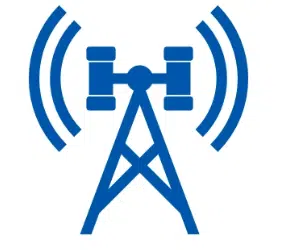Landlords often stop receiving rent when ownership has changed or when their lease converts to a revenue share or holdover agreement. We can help.
Collection Services.
Typically the collection of monthly or annual rents is a simple process between the landlord and tenant. However, it is often that landlords stop receiving rent from their lease for a variety of reasons. Bringing in attorneys as representatives to settle disputes in Infrastructure Lease matters can significantly add unnecessary costs and delays in obtaining a mutual settlement.
SiteBid Infrastructure can assist in handling simple disputes between property owners and tenants by assisting the property owner with representation for the collection of late or unpaid rent, Lease Negotiations, and other related management issues.


New Owner Disputes
If you just purchased or inherited a property with a cell tower antenna, you may be wondering how to get the antenna off OR asking why you’re not receiving rent. This is often for 2 reasons:
A prior owner sold or retained the lease/easement.
At some point, a prior property owner may have already sold the lease or easement to a tower company. They may have also excluded the antenna lease from a prior sale by creating a master lease or retaining the easement rights. If your title report doesn’t show the recording of an easement and memorandum of lease/easement, you may be entitled to rent for the lease. We can assist in obtaining a copy of the legal documents, including the lease agreements, to determine what rights were retained and if any future rights may be reverted to the property owner.
A change of ownership request was not filed.
It could be that no information was provided to the Infrastructure tenant on where to re-direct lease payments. The funds could be still going to the prior owner or funds could stop being made until new information is provided. Infrastructure tenants don’t proactively reach out for ownership changes and often just stop making payments in these situations since it’s the responsibility of the landlord to provide notice.
